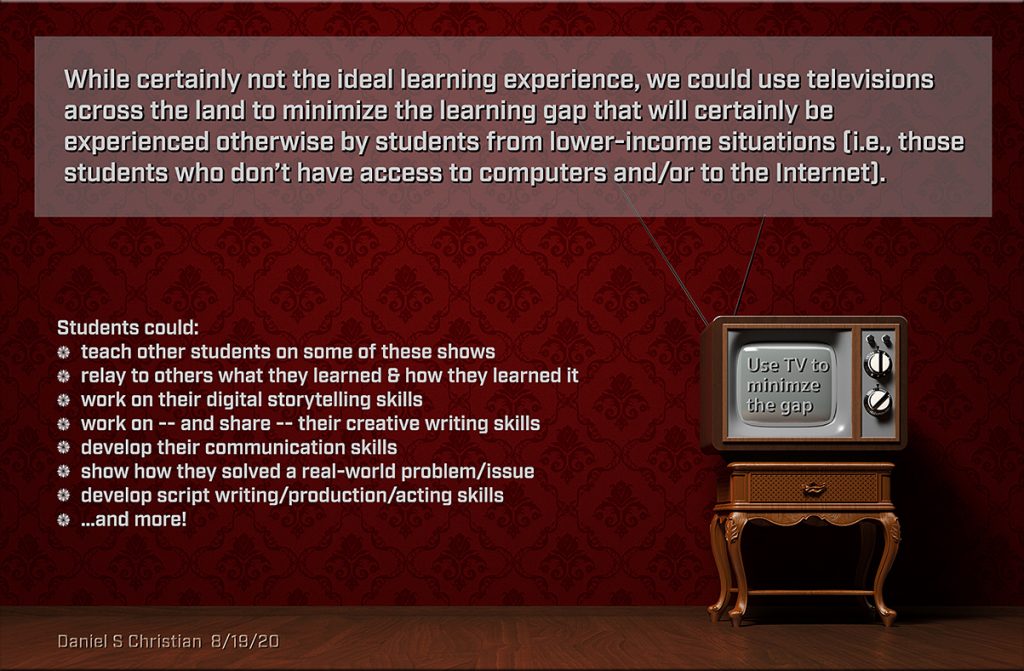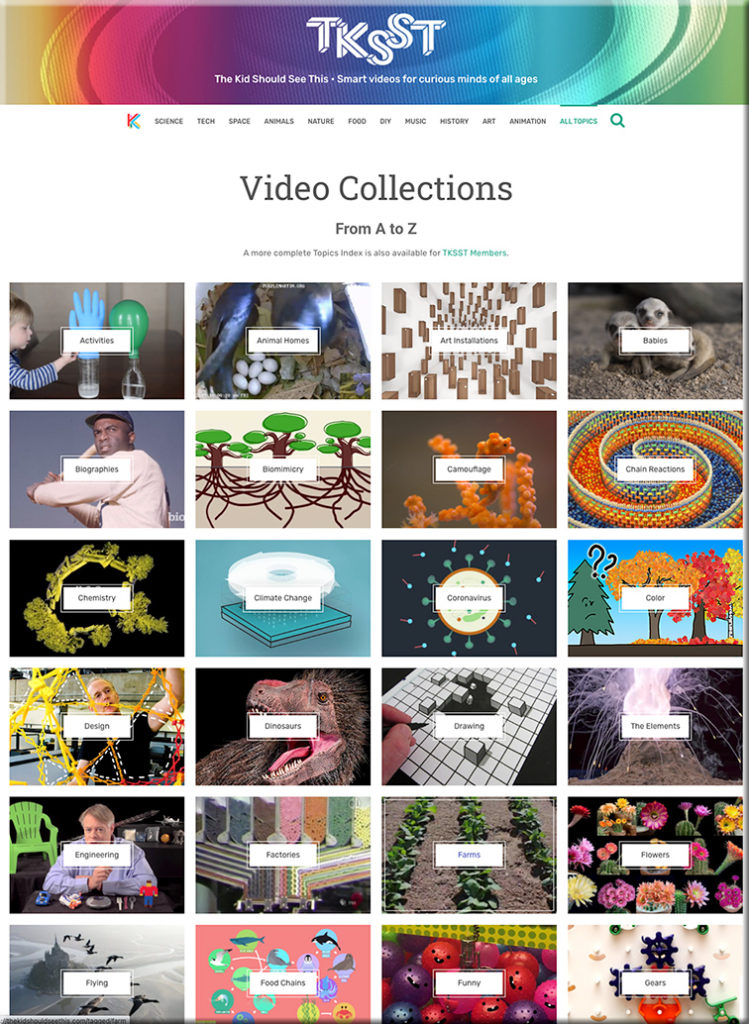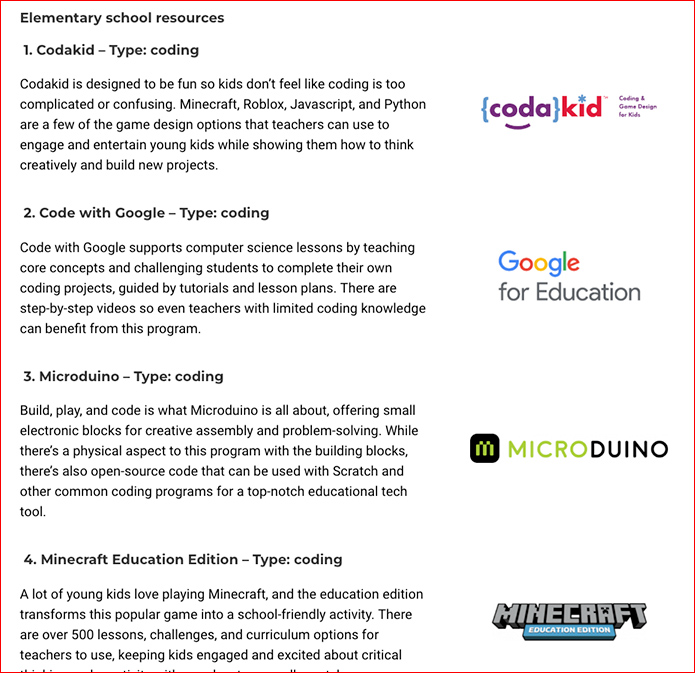Radar Trends to Watch: September 2022 Developments in AI, Privacy, Biology, and More — from oreilly.com by Mike Loukides
Excerpt:
It’s hardly news to talk about the AI developments of the last month. DALL-E is increasingly popular, and being used in production. Google has built a robot that incorporates a large language model so that it can respond to verbal requests. And we’ve seen a plausible argument that natural language models can be made to reflect human values, without raising the question of consciousness or sentience.
For the first time in a long time we’re talking about the Internet of Things. We’ve got a lot of robots, and Chicago is attempting to make a “smart city” that doesn’t facilitate surveillance. We’re also seeing a lot in biology. Can we make a real neural network from cultured neurons? The big question for biologists is how long it will take for any of their research to make it out of the lab.












